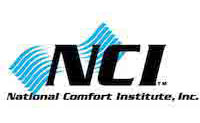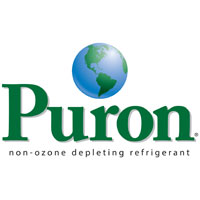Stinky, rotten eggs. Not usually what comes to mind when troubleshooting your HVAC system. But for many homeowners this has become an association. During the housing boom of the mid 2000’s domestic supplies of drywall became scarce and many home builders, contractors, and suppliers began to use imported Chinese drywall in their domestic construction projects to disastrous effects.
Chinese Drywall Syndrome
The reason for the smell, the association, and the disastrous effects is sulfurous compounds leeching, or offgassing, from the imported, Chinese drywall. Compounds such as hydrogen sulfide – if you’ve ever been to Yellowstone National Park and smelled that strong, sulfurous, rotten egg odor that’s what it comes from – carbonyl sulfide, and carbon disulfide, have all been detected emitting from the Chinese drywall. Homeowners with the imported drywall will often describe the smell as being like that of rotten eggs or matches, but much stronger.
These gasses are highly reactive with certain metals, such as copper, silver, and brass, in your HVAC system, plumbing, electrical wiring, and home appliances. The levels of corrosion are far beyond the usual tarnish, or patina, that develops over time on the. They are severe enough that they can cause the systems they are a part of to completely cease functioning.
As the gasses emit from the drywall, they disperse naturally to equally fill all parts of the house, helped along their way by the HVAC system. While running, the HVAC system will circulate those gasses around its components, further speeding up the corrosive process. In just a few short months the evaporator coil on a home HVAC unit can completely fail. Many home owners have replaced them several times before the Chinese drywall issue came to light.
Diagnosing Chinese Drywall Syndrome
If you’ve had your AC unit serviced recently, your technician will have told you if there was any corrosion to the components of the system. If you haven’t had your system serviced yet this year, make sure to bring it up to your technician when it is. And if your home is, or if you think your home might be one of the ones affected, it is imperative to call one of the qualified inspectors to diagnose the issue. They will examine your drywall, looking for manufacturer’s markings and measuring the thickness, to determine if the drywall is affected or not and tell you of your options.
For all the latest HVAC industry news, maintenance tips, and energy-saving techniques, follow the McMaster Heating & Air Conditioning blog.













